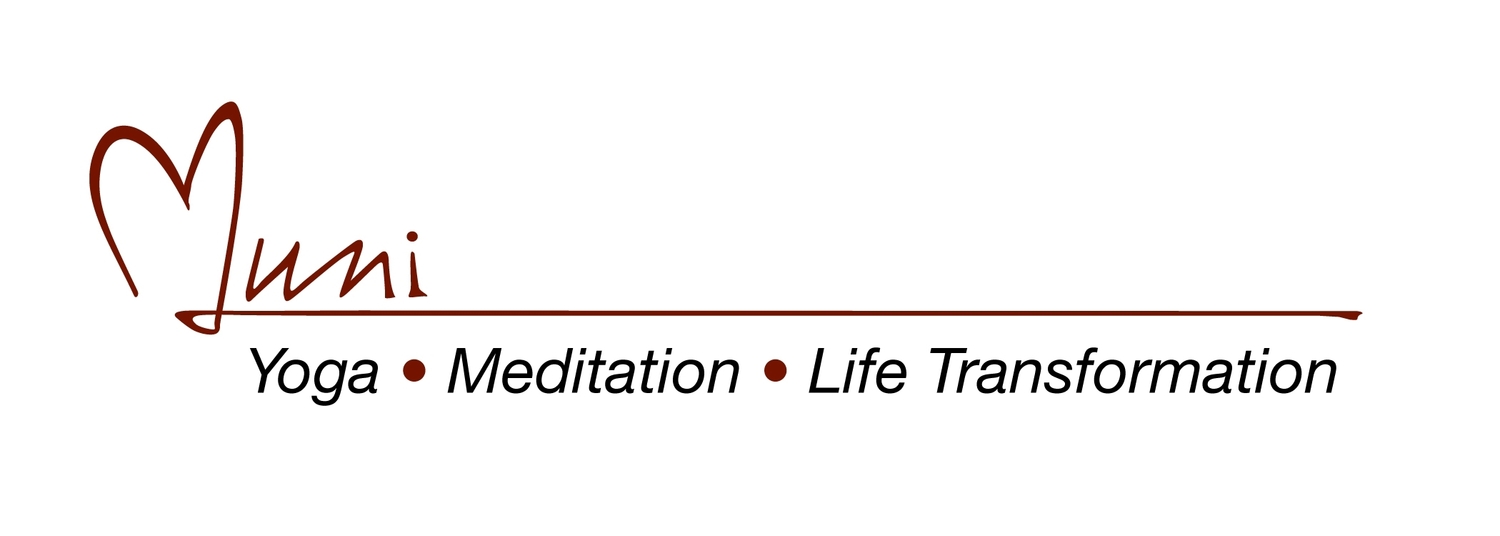Logic: Friend or Foe
/There are two ways to deal with logic when it is blocking intuition. One way works. The other one doesn’t. The way that works is the way of allowing. The way that doesn’t work is the way of warring.
If we choose to war with logic, logic will antagonize every surfacing of intuition and disparage its very existence. If we choose to allow logic to do what it does, it will work its way willingly toward intuition to eventually see right through it to its source.
To allow logic is to let logic play itself out. Once logic has drained its arsenal of memories into thought and has worked that thought through until thought itself is no longer fascinating, it will gladly trade what could have been a fight for what one famous yogi used to call “the third-eyed sight of insight.”
There is one catch here. If memory—the reservoir of information that logic needs for its functioning—keeps getting restocked, it will never drain.
It is upon this point of committing new information to memory that logicians and yogis part ways. While logicians assume their logic will suffer if they don’t remember enough, yogis assume their meditations will suffer if they remember too much.
Not surprisingly, once yogis have set themselves on a clear path of practice, they curtail their intake of outside information and focus upon processing the data they are already holding. In this effort, they read a little less and meditate a little more, ask fewer questions than ever before. And through all their careful sifting, they throw out what they do not need and keep just what they do as they slowly clear a window they can see right through. Soon enough, they are enjoying a controlled and consistent flow of intuition.
Once this regular surfacing of intuition gets established, it needs to be made useful. To be made useful it must be assimilated into thought and expressed in words. Since this assimilation and expression may not occur flawlessly because of the limitations of thought, thought itself must be used to double-check itself in its amalgamation with intuition. This is where a cooperative logic is most helpful.
Yet even when an intuitive break-through has been fully assimilated into thought, expressed in words and double-checked with logic, it must still be put to work in a fulfillment of need to finally don its crown of wisdom, for wisdom not needed is not wisdom at all.
Here is an example of wisdom in action: A woman who has, for many years, intuited she is not a mortal body but is instead an imperishable soul, receives unexpected news that she has terminal cancer. While her family and friends are overcome with grief and sadness, she is amazingly calm and serene in a sense of knowing that now rises up to cradle her in an assurance that the intuition she has felt for years is correct—She is a soul that cannot die.

